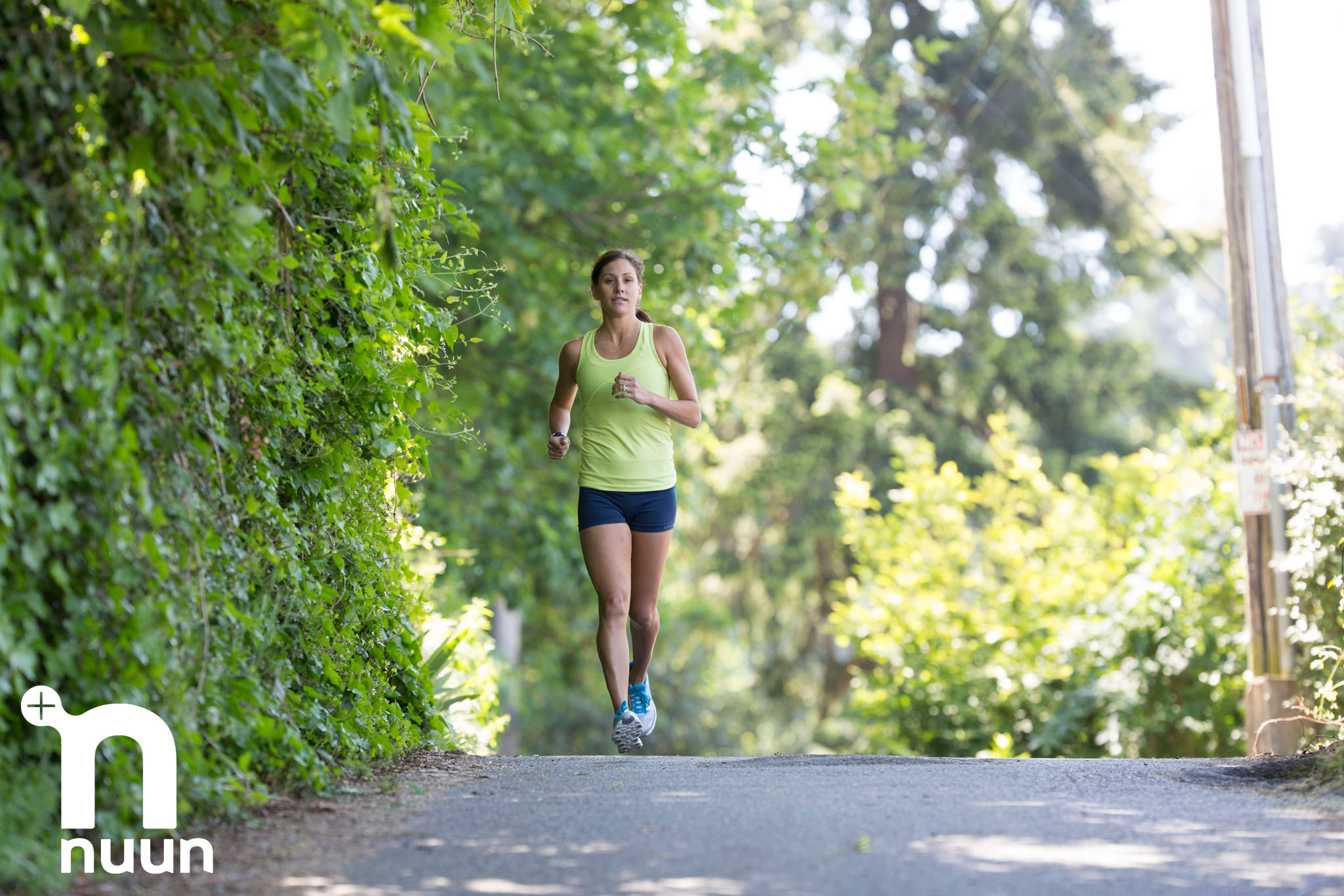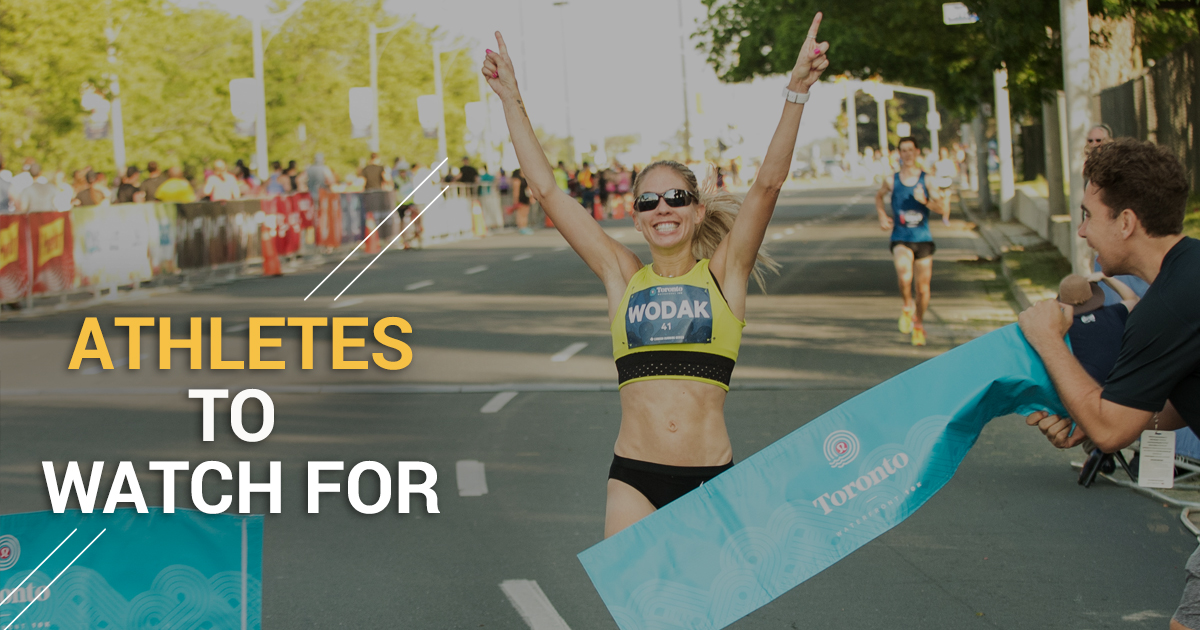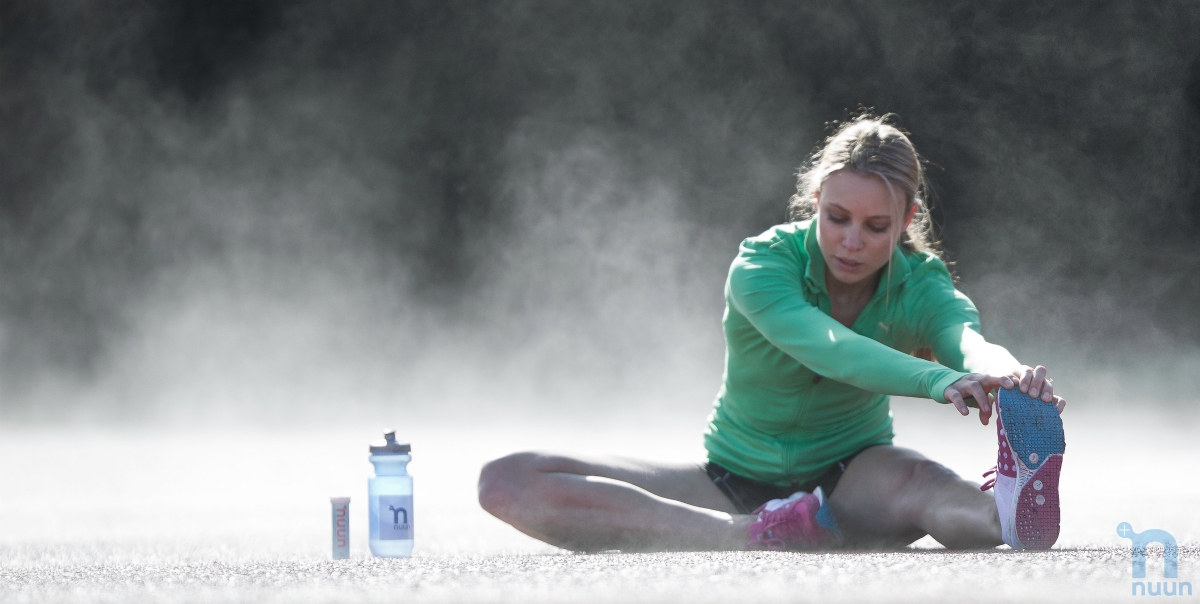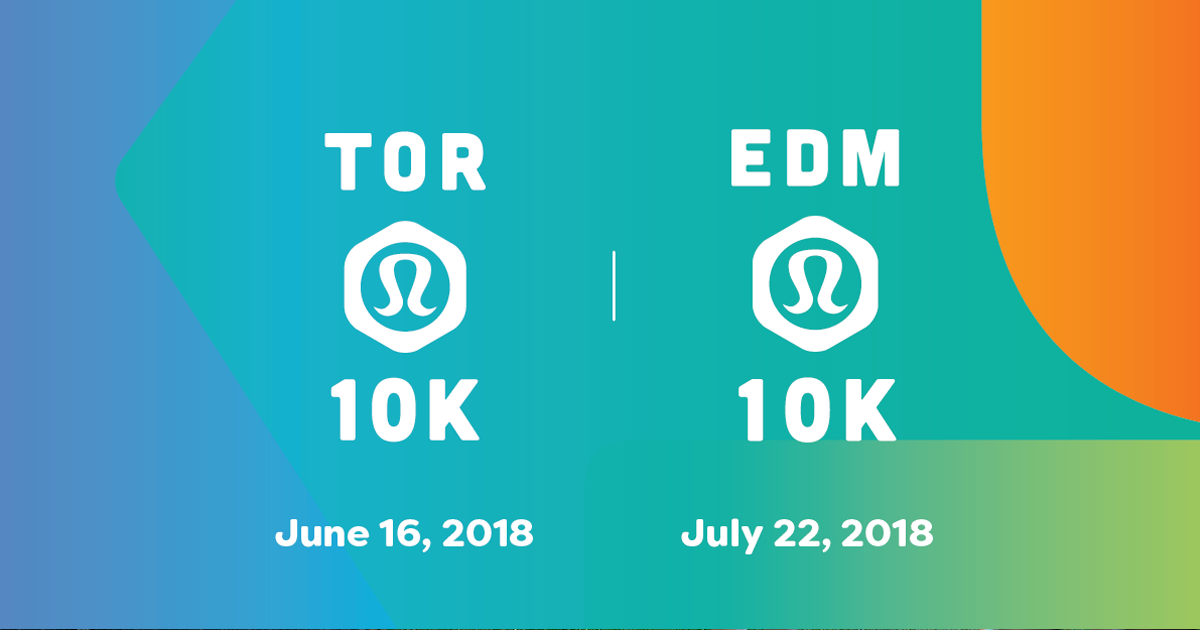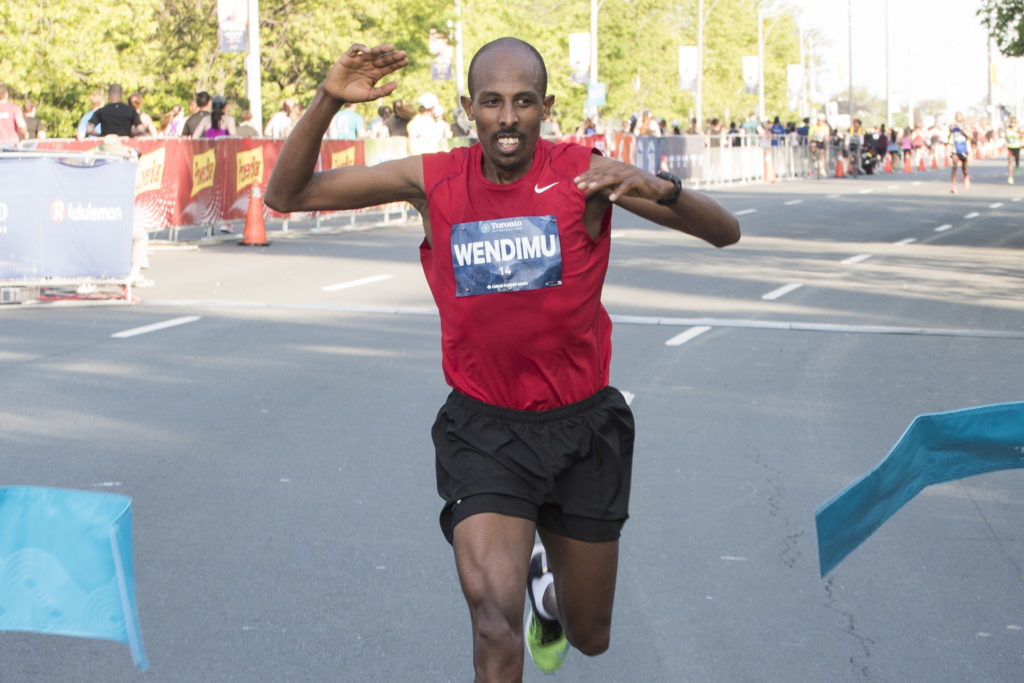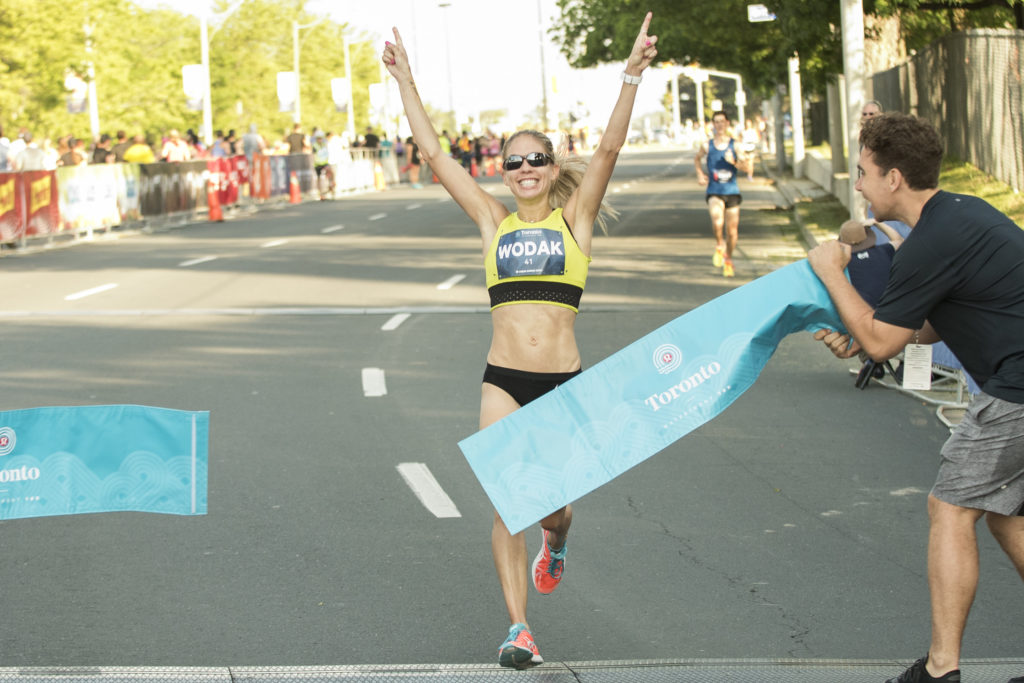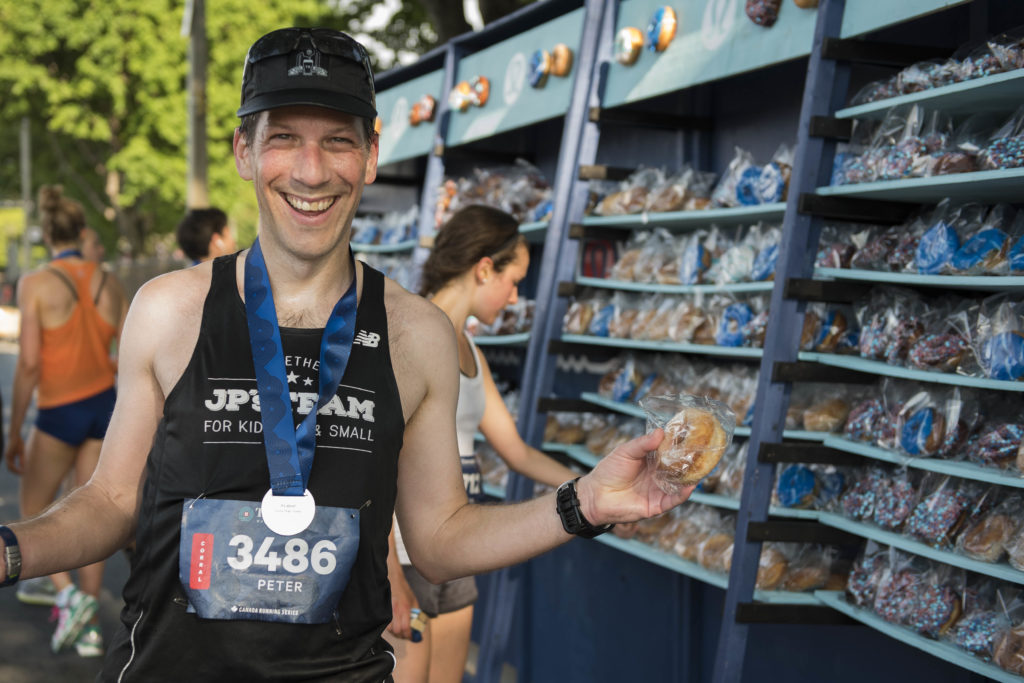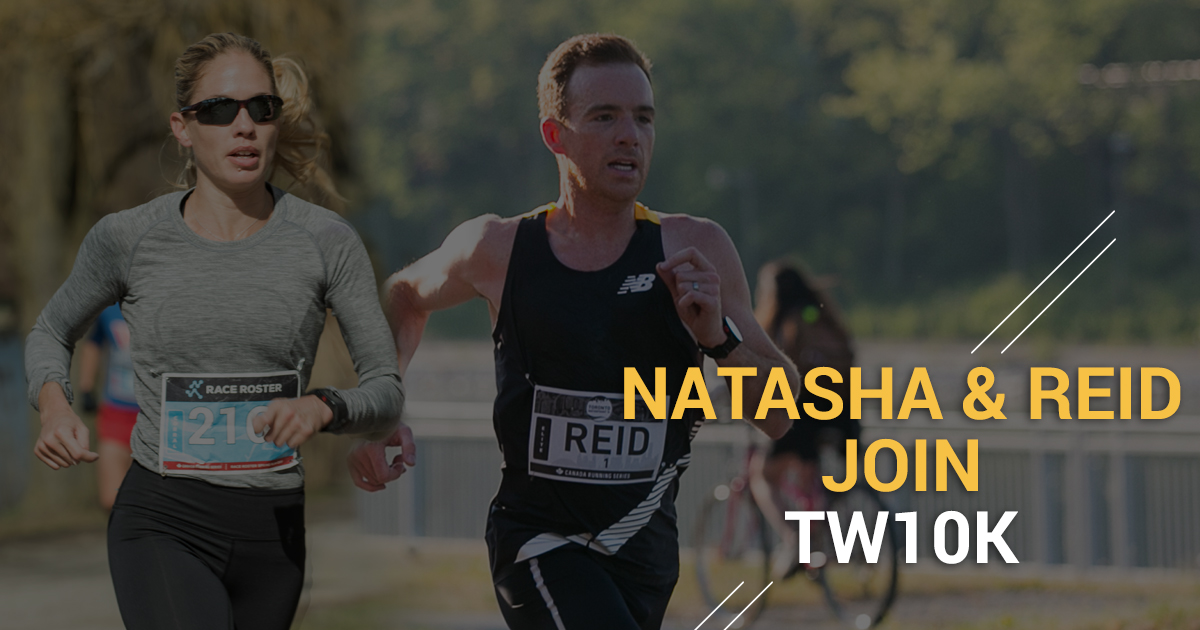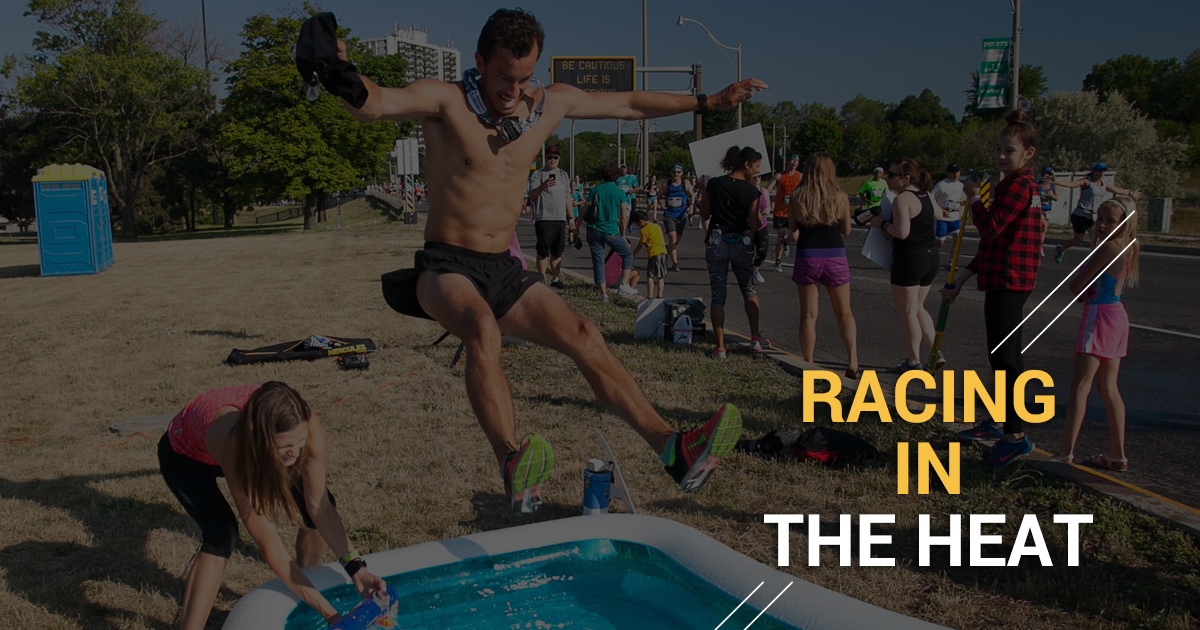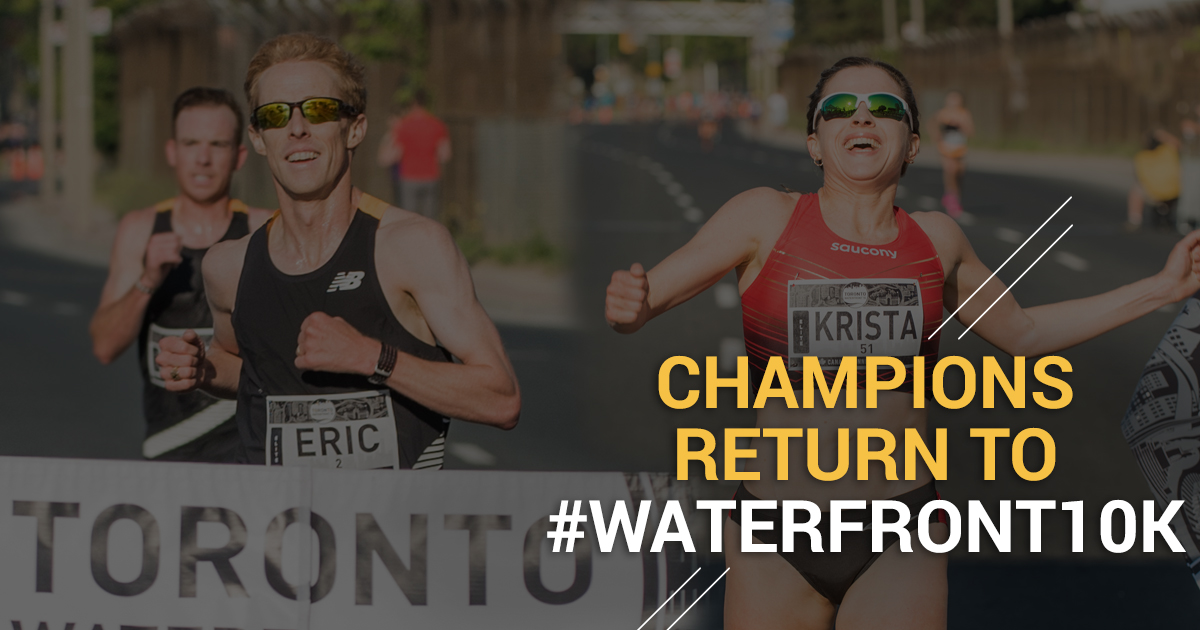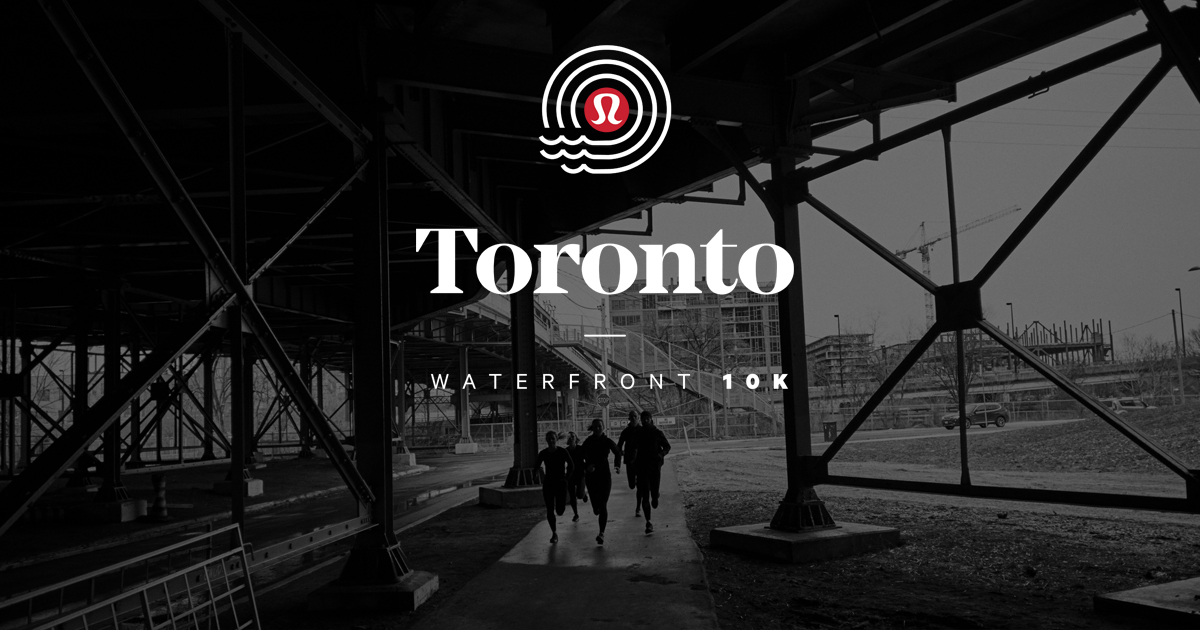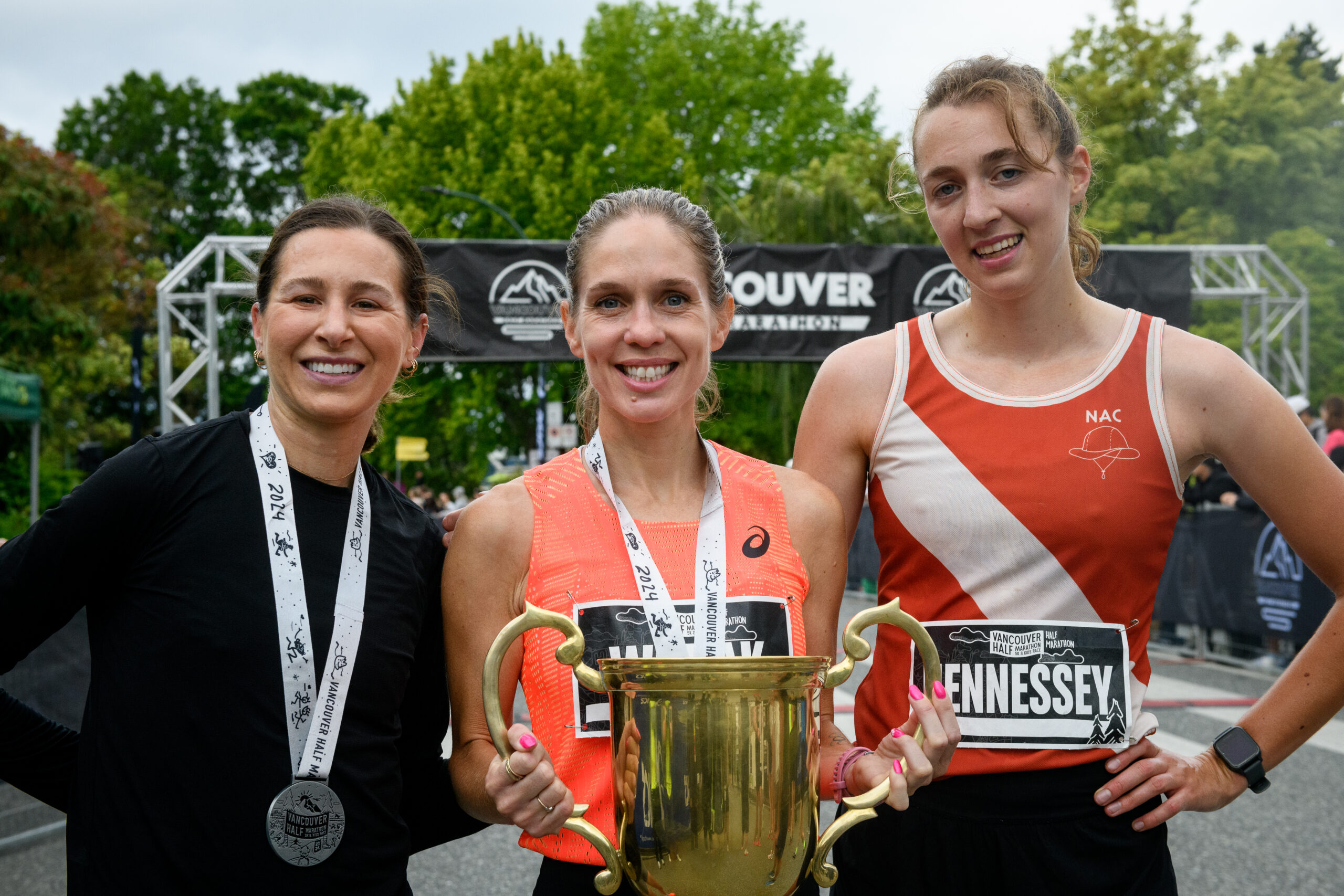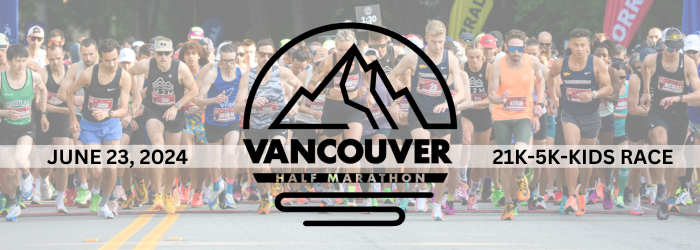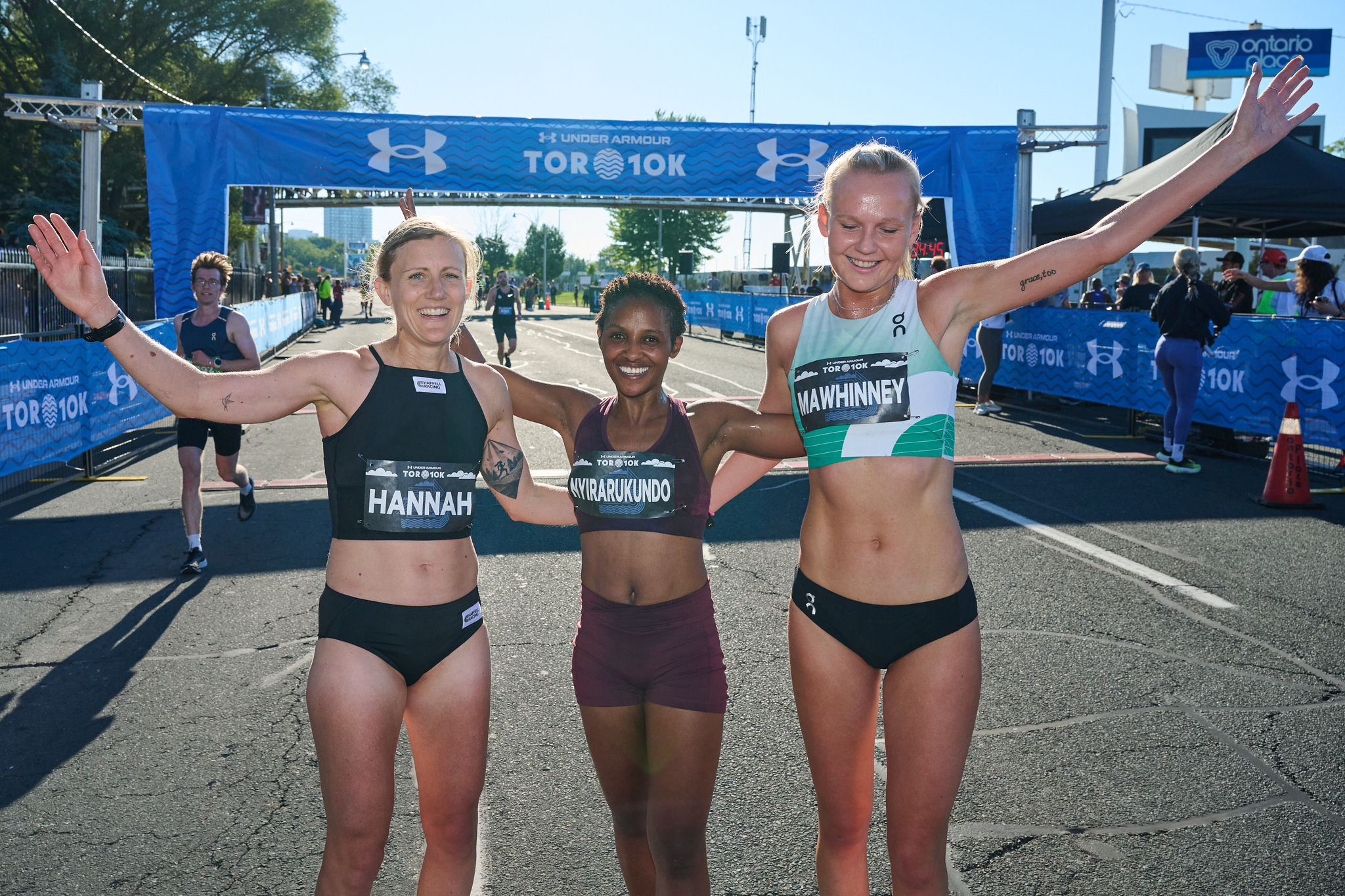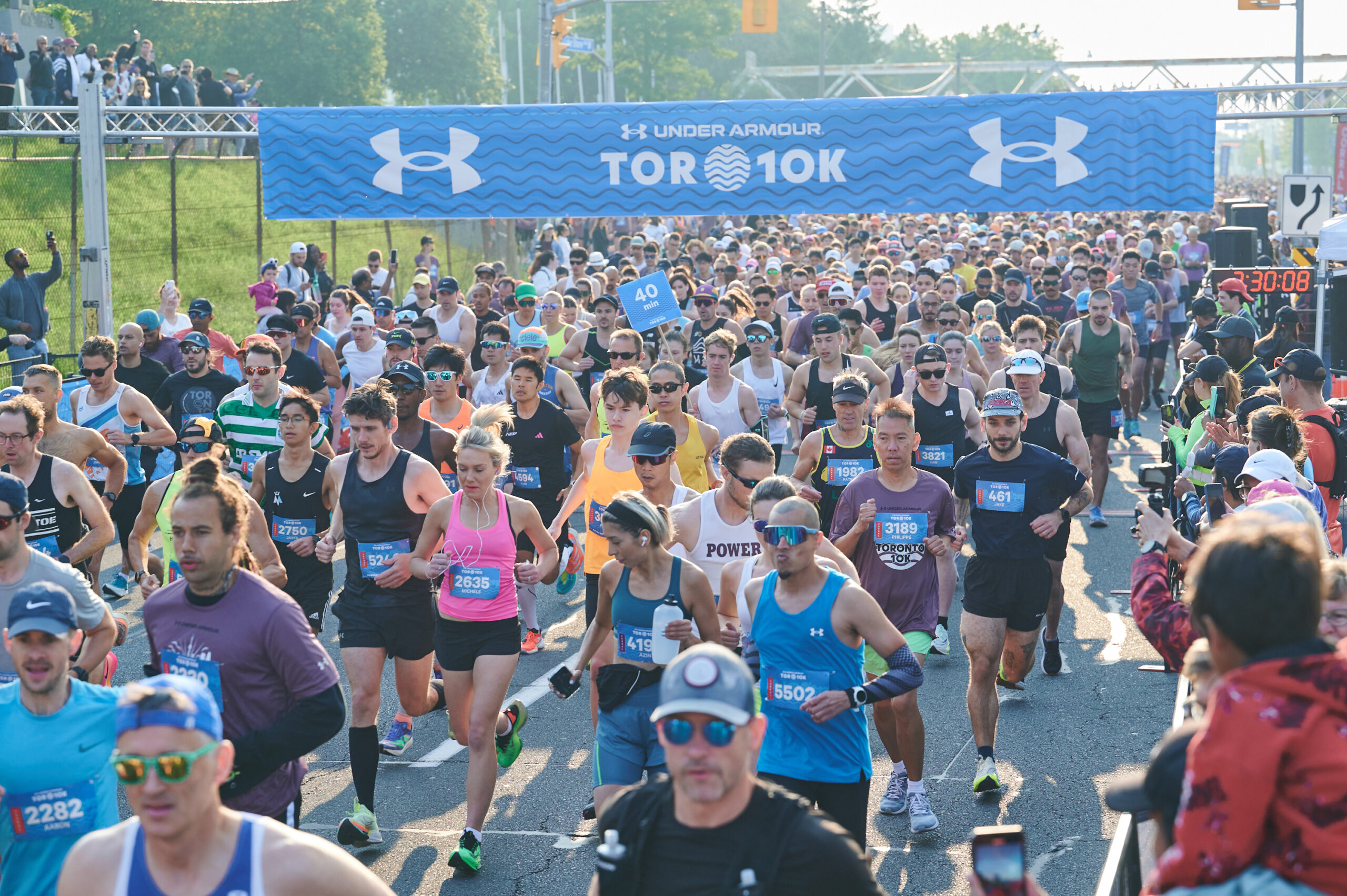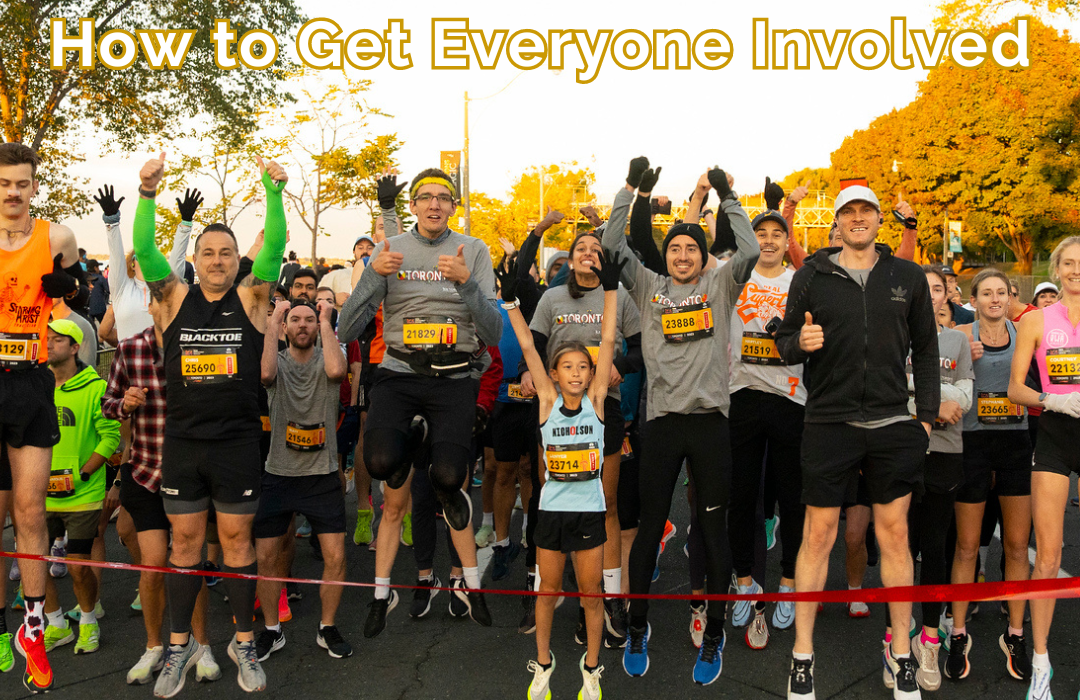By Paul Gains
In what is certainly a rare phenomenon in Canadian road racing, four of Canada’s Olympic distance runners will contest the Toronto Waterfront 10k on Saturday June 17. They will toe the start line with varying degrees of expectation.
The two defending champions, Eric Gillis (10th in the Rio Olympic marathon) and Krista DuChene (35th in the women’s race) are in relatively good shape having prepared for spring marathons. But the other pair are treading into the unknown.
Reid Coolsaet, whose personal best marathon time of 2:10:28 which he recorded in the 2015 Berlin marathon, has been nursing a foot injury since December. After finishing 7th in the Fukuoka Marathon (2:10:55) he took some time off only to experience pain when he resumed training.
“I had some underlying foot issues going in to Fukuoka, nothing too worrisome,” Coolsaet reveals. “Then I took time off after the marathon. I think my tendons, without running, tightened up a little bit. It kind of stopped the blood flow from getting in there.”
The condition is called osteonecrosis and meant he has slowly and carefully plotted his way back, only starting running again in May. Asked what stage he is in training he doesn’t mince words.
“Not one hundred per cent, definitely not,” he declares. “I am building up running at the same rate as taking four months off but I have to pay attention to my foot. My tendons are still tight and it’s a little uncomfortable but, that being said, it’s manageable. I am taking things slowly so I don’t re injure myself.
“I really just want to kind of test my fitness and see where I am; kind of have fun. I wanted to put it on the calendar rather than just having a few months of just training. It’s a fun race and race results don’t lie so I will see where I am.”
Ever the optimist Coolsaet has his mind set on a fall marathon. At the moment he is flaunting with a training regimen that sees him cover roughly 100 kilometres in a week – about half what he will eventually do at peak fitness.
Meanwhile DuChene is expecting a tough race with Vancouver’s Natasha Wodak who is slowly rounding into form following foot surgery last December. Wodak won the Race Roster Spring Run Off 8k in her comeback race but then suffered a disappointing defeat in the Canadian 10k Championships, May 27th in Ottawa.
After returning from the Olympics, where she finished 22nd in the women’s 10000m race, the Canadian 10,000m record holder also changed coaches. Now her training is being planned by 1984 Olympic 3000m bronze medalist, Lynn Kanuka. DuChene is definitely respectful of her rival.
“I really don’t know what finish time to expect for myself but I am glad Natasha will be racing as she prepares to do the 10,000m at the World Championships (in August),” DuChene says. “I’m sure I’ll be chasing her.
“The marathon is always my goal race so the Waterfront 10k will be more about having fun and moving the legs a bit faster.”
DuChene, who also switched coaches and now runs with Speed River Track Club under the tutelage of Dave Scott-Thomas (coach of Gillis and Coolsaet) declined her place on the Canadian marathon squad bound for the London World Championships.
“After completing three marathons in eight months, as well as a month of training at altitude in Kenya, it was important to have a complete recovery,” DuChene says. “It was difficult to decline my spot for the IAAF World Championships team but necessary.
This is only the second year of the race, now sponsored by lululemon, and DuChene’s course record of 33:50 could take a beating if the weather cooperates. Meanwhile, Gillis ran 29:23 to beat Coolsaet by two seconds last year a result the latter remembers with a smile.
“Oh the course is great,” Coolsaet says. “A little bit of downhill off the start to get you going and then it’s pretty much flat the whole way. I like running along the Lakeshore, it’s wide and pretty flat.”
The race begins at the Scotiabank Toronto Waterfront Marathon Start Line on University Avenue just north of Queen Street, then runs down to Lakeshore Boulevard where it finishes at the Liberty Grand.
Should the Olympians falter there is no shortage of emerging talent waiting to bring them back to earth. Tristan Woodfine, for instance, was third a year ago in this race and like Coolsaet and Gillis is a member of Speed River Track Club. He is obviously in good shape having won the opening Canada Running Series race, the Race Roster Spring Run Off 8k, on April 8th.
In addition there is Kevin Coffey, now based in Vancouver who took the bronze medal at the recent Canadian 10k championships in Ottawa (30:42) and Toronto’s Sami Jibril a member of Canada’s 2017 world cross country championship team.
London, Ontario’s Leslie Sexton bears watching in the women’s race.
This year’s race is sold out at its 7,000 cap, but everyone is encouraged to come out and cheer for the runners on race day at one of nine Cheer Sites along the course: https://canadarunningseries.com/toronto-10k/community-and-charity/#spectators There will also be a fun post-event party at Bandshell Park, Exhibition Place with music, yoga, food trucks and more.
-30-
For more information: http://toronto10k.com
Elite start list: http://runcrs.co/2r38JDM
